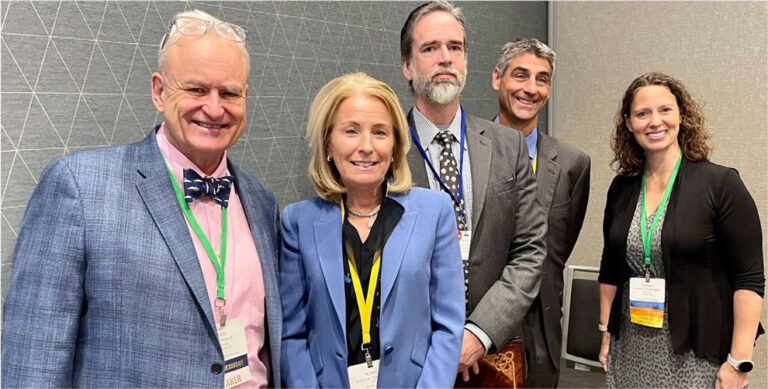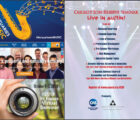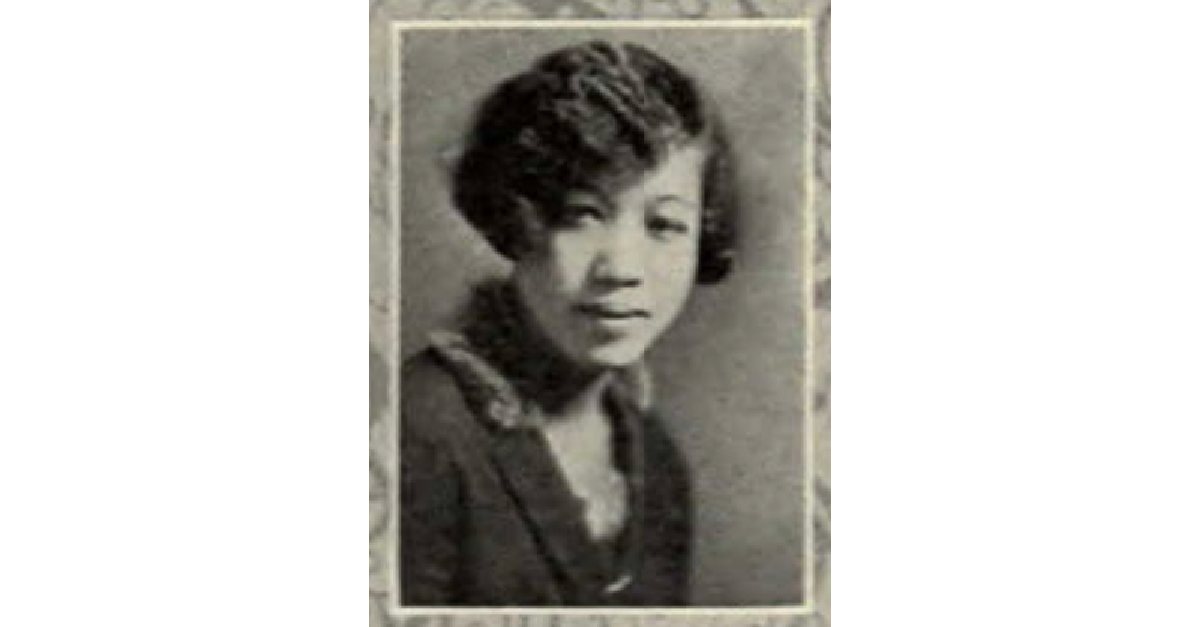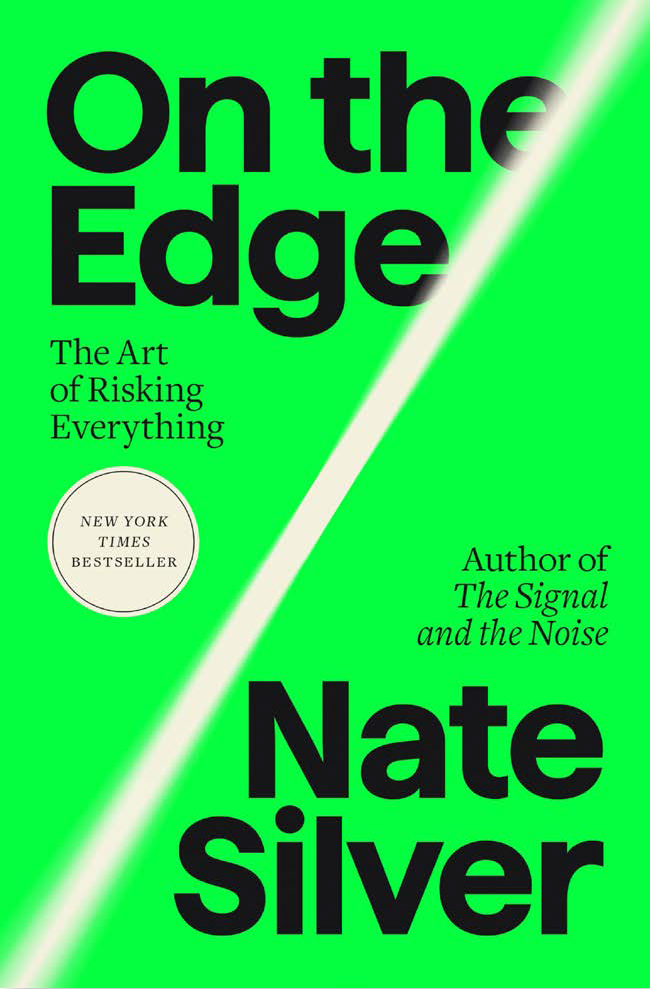
The following is the Address to New Fellows and Associates that was delivered at the CAS Annual Meeting in Minneapolis on November 7, 2022.
Congratulations new Fellows and Associates! Now is the time to celebrate and thank everyone who helped you achieve your ACAS or FCAS. It is a great accomplishment, and you should be proud of yourself.
As I look back on my 40+ year career, I want to share with you some important things that I have learned and that I wish I knew when I was a new CAS member.
First, prioritize keeping your life in balance now. I always thought that after a big project was over or I got one more client then I would get my life in balance. The truth is there will never be a right time, and you need to start now. You need to rank your priorities and align your time with your priorities. I love my family and we have a great relationship, but to be honest, I got lucky. I should have worked a little less and spent more time with them. Also, you need to take care of yourself and work on your hobbies. I love tennis and I play a lot of tennis now, but that is another thing that I should have done more of sooner.
Second, remember that there is never a bad time to say thank you. Sometimes you have to work late, and when that happens, remember to thank your family members for understanding. However, you need to listen. And if you are working late most nights, you may need to readjust your work habits. A co-worker or staff member who helped you will also always appreciate hearing you say thank you.
Third, you need to take ownership of your career. Initially I thought that if I worked hard and did great work, I would automatically get promoted and advance in my career. While that may be true somewhere over the rainbow, the truth is you need to figure out where you want to be in three to five years and how to get there. Look at the traits of your managers and have honest conversations with your managers about a timeline and steps for promotion. Check to see if you are missing any skill sets. I took a lot of math and economic classes in college, so very few of my classes involved writing skills or public speaking skills. These are skills you will need to advance. If I was talking to a younger me, I would encourage myself to take a business writing class and public speaking courses online or at a local school.
Fourth, consider being active in the CAS. Doing so has helped me tremendously. The CAS gives you the opportunity to speak at many events, at official meetings like this, and also at the Regional Affiliate meetings. These are great opportunities to hone your presentation skills. At first it may seem overwhelming to speak in front of a crowd of actuaries on a technical subject. It is ok to be scared, and chances are the crowd won’t notice how nervous you are and after 30 seconds you will get in a rhythm. I remember the first CAS talk I gave at a CLRS meeting, a basic reserving session for nonactuaries. I figured maybe 20 people would attend my session. When I got on the stage, it looked like 100 people were in the audience. I thought my heart was going to jump out of my chest. After a minute, I was not nervous, and afterwards I was really glad I gave the talk.
I have developed a lot of skills and knowledge through the CAS and made many lifelong friends. I started out writing and grading exams, which I found a very worthwhile experience, and then went on to join other committees that planned various continuing education events. I think that you will find the vast majority of actuaries to be great people and willing to help you. I now have a network of contacts at various companies that I can use as a sounding board for new ideas or ask for advice. I believe that volunteering for the CAS and meeting actuaries from different companies is one of the best things I have done in my career.
Fifth, work on your soft skills like leadership and how to motivate staff. These skills become more important as you advance in your career, and those skills take time to develop. You need to consciously work on these skills and see what type of approaches work and don’t work. Part of this you can learn from classes and books, but part is just practicing. Try small experiments and see if they work. For example, if you are having difficulty delegating work to a member on your team, try one small assignment and see how it goes. Many of us have difficulty delegating work. If you can’t figure out what type of work you can delegate and who you can delegate it to, you might discover you need to perform additional staff training. Thinking about these issues before they become problems can yield enormous long-term benefits.
Sixth, be cognizant of the hurdles that some of our members and potential members face and try to help others if they need help. I’m embarrassed to admit it, but it wasn’t until I was CAS President-Elect in 2017 that I became aware that only 1-2% of our members are Black or Hispanic, that only 35% of our new Fellows are female and that we didn’t have an organization to promote our LGBTQ members.
Everyone needs mentors. Be a mentor. I was lucky to have several mentors, but the first was perhaps the most important. See, I grew up on the south side of Chicago and neither one of my parents graduated high school. I decided to go to college because a number of my friends were going, but I had never even heard of actuarial science. I went to Illinois State University, which at the time did not have an actuarial science program. It now has a great program thanks to Dr. Kris [Dr. Krzysztof Ostaszewski]. A friend of mine, Greg Girard, was an actuary at State Farm, and he encouraged me to become an actuary. He actually paid the fee for me to take the first exam. He may not have thought of that as mentoring, but it changed my life path. Thank you, Greg!
I can’t imagine how many talented Black and Hispanic high school students might not be actuaries because they simply will not find out about the career, or how many women and LGBTQ members might be held back in jobs because their management has conscious or unconscious bias. But it’s happening. This struck me with particular force a few years ago, when I attended a CAS diversity meeting in the morning and had a work meeting that same afternoon. The work meeting involved a mergers and acquisitions assignment with representatives from two insurance companies, two law firms, two investment banking firms and two actuarial firms. In total, probably 20 people were in the meeting, and they were all older white males. Believe it or not, I was one of the younger guys! Something is very wrong with that picture, and we as a profession can do better than that. We can create a level playing field for all and be an inviting culture. Diverse groups make better decisions and will help insurance companies and the CAS thrive. I would encourage you all to try and make a new contact at this meeting with a person who is somehow different than you.
Remember, today is a day to celebrate and thank the people who helped you become an actuary. It is truly a great accomplishment. Congratulations again!
Brian Brown, FCAS, is a CAS past president. He is currently a consulting actuary with Milliman.













